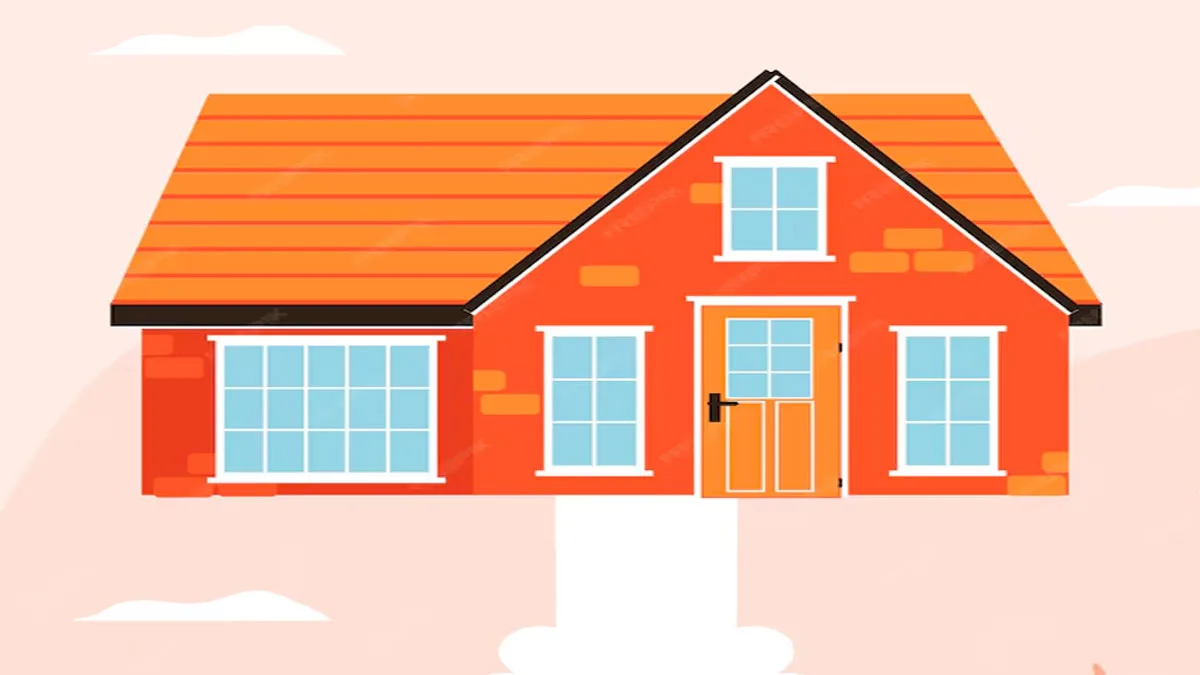Hey there! It’s a situation none of us want to find ourselves in, but it’s a question that pops up more often than you’d think: Can a neighbor really put a lien on my house? As a lawyer, I’ve navigated the turbulent waters of property disputes and the complexities of liens, so let’s break this down in a way that’s easy to digest. Think of this as a friendly chat over coffee, just without the caffeine jitters.
First off, let’s talk about what a lien is. In the simplest terms, a lien is a legal claim or hold on a property as security for a debt or an obligation the property owner owes. It’s like someone saying, “You owe me, and until you pay up, I’m holding onto this as collateral.” Liens can come from lenders, contractors, the government, and yes, under very specific circumstances, even your neighbor.
Now, before you start side-eyeing your neighbor’s seemingly innocuous garden gnome, it’s important to understand that a neighbor can’t just wake up one morning, decide they don’t like the color of your house, and slap a lien on your property. There needs to be a legitimate legal ground.
One of the most common scenarios where a neighbor might have a basis for a lien is related to shared obligations. Think shared driveways, fences, or even a retaining wall. If there’s an agreement (especially a written one) that you’re responsible for part of the maintenance or repair costs and you fail to hold up your end of the bargain, your neighbor might seek a lien as a last resort to compel payment.
Another potential scenario could involve damages. Let’s say, purely hypothetically, your DIY rocket launch experiment goes awry and causes damage to your neighbor’s property. If you’re found liable for the damage and refuse to pay up, your neighbor could pursue a judgment against you, and a lien on your property might be one way to secure that judgment.
But here’s the crux of the matter: for a neighbor to legitimately place a lien on your property, there generally needs to be a court process involved. Your neighbor can’t just decide to claim a lien; they need to prove their case to a court, obtain a judgment, and then, based on that judgment, the lien can be applied as a way to secure payment.
What does this mean for you? Well, communication is key. Many disputes can be resolved amicably without resorting to legal actions. However, if you find yourself on the receiving end of a lien threat, it’s crucial to understand your rights and obligations. Consulting with a lawyer can help you navigate these choppy legal waters and determine the best course of action.
In essence, while the idea of a neighbor putting a lien on your house might sound like a plot twist in a suburban drama, it’s not as straightforward as it seems. Legal grounds must be established, and procedures must be followed. So, the next time this topic comes up at a neighborhood BBQ, you’ll be the wise one nodding knowingly, understanding the complexities behind such an action.
Remember, the law is intricate, and every situation is unique. If you’re facing a real-life lien dilemma, seeking professional legal advice is always your best bet. Here’s to peaceful and lien-free living among neighbors!









Leave a Reply